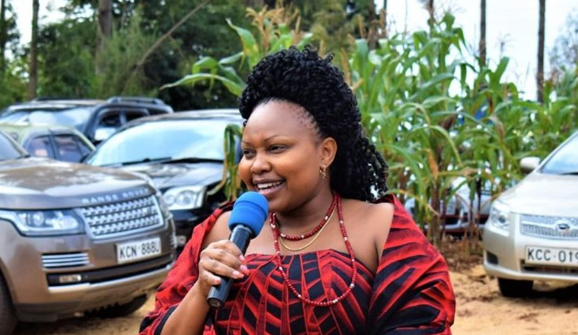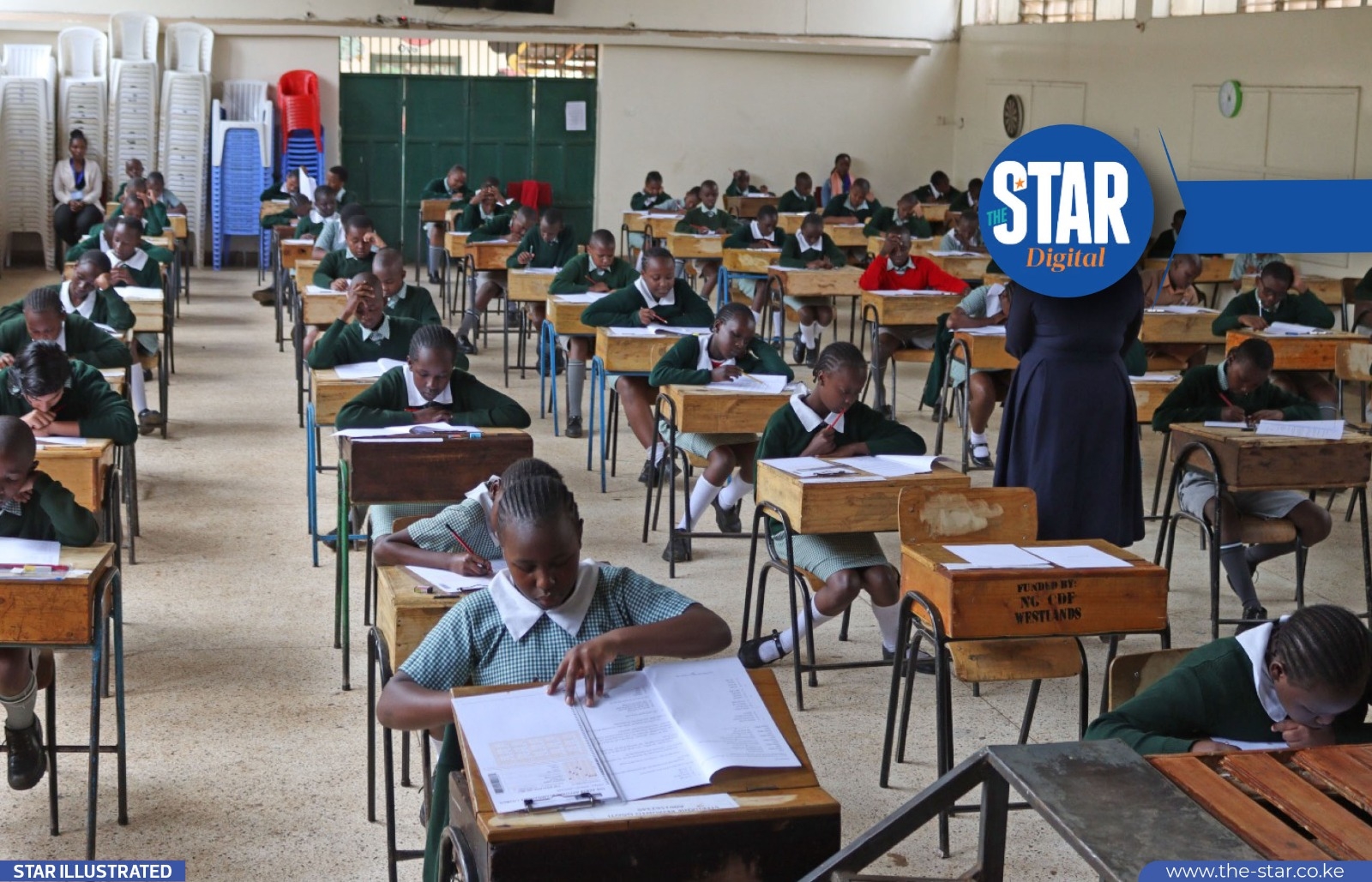

As the clock ticks towards the 2027 General Election, the newly sworn-in leadership of the Independent Electoral and Boundaries Commission (IEBC) is already under immense public scrutiny, with calls for integrity, transparency, and accountability dominating early reactions to their appointment.
Chief Justice Martha Koome was the first to set the tone shortly after presiding over the swearing-in of the Erastus Ethekon-led team at the Supreme Court in Nairobi on Friday.
“You are taking office at a time when our nation is undergoing a period of great reckoning – a moment when Kenyans, especially our young people, are expressing discontent and frustrations with public institutions,” Koome said.
“The cry from every corner of our nation is for integrity, transparency, accountability and justice.”
Her remarks reflected growing public expectations as the country inches closer to a landmark election season.
Barely hours later, former nominated senator Millicent Omanga echoed the Chief Justice’s caution, warning the commission that all eyes will be on them.
“With the new IEBC now in place, it sets the pace for conducting by-elections but more importantly, the 2027 elections,” Omanga said on X.
“The new commissioners must understand that this is probably the most consequential election in our history as a country, and Kenyans will be watching their moves.”
The commission, now fully constituted after a two-year leadership vacuum, comprises chairperson Erastus Edung Ethekon and commissioners Ann Njeri Nderitu, Moses Alutalala Mukhwana, Mary Karen Sorobit, Hassan Noor Hassan, Francis Odhiambo Aduol, and Fahima Araphat Abdallah.
But even as they settle into office, the shadow of the 2022 General Election looms large.
The previous team, led by the late Wafula Chebukati, exited amid controversy, having faced a storm of public allegations over credibility lapses, despite the Supreme Court upholding the presidential election results.
Tensions peaked when four commissioners, famously dubbed the "Cherera Four", disowned the final results moments before they were announced at Bomas of Kenya.
“We therefore cannot take ownership of this result that is going to be announced,” then vice chairperson Juliana Cherera declared during a hastily convened press briefing at Serena Hotel on August 15, 2022.
“Some things need to be put out there. As you can see, the four of us are here and not at Bomas where the results are going to be announced, because of the opaque nature of how this phase has been handled.”
Cherera was flanked by commissioners Francis Wanderi, Irene Masit, and Justus Nyang’aya.
The fallout saw three commissioners resign under pressure while Masit chose to face a tribunal, which eventually found her unfit to serve.
Chebukati and his two remaining colleagues, Boya Molu and Abdi Guliye, completed their term and vacated office in January 2023.
The turbulence of 2022 remains fresh in the public memory and is likely to shape how Kenyans perceive and assess the new team’s conduct in the coming months.
Omanga’s message to the new commissioners was clear: this is not just another election cycle, the country will be keen to see how they steer the process from preparations to results announcement.
With pending by-elections and boundary delimitation among the immediate tasks before them, the commission is now under pressure to hit the ground running.
The path to 2027 is officially open—and it begins under a microscope.















